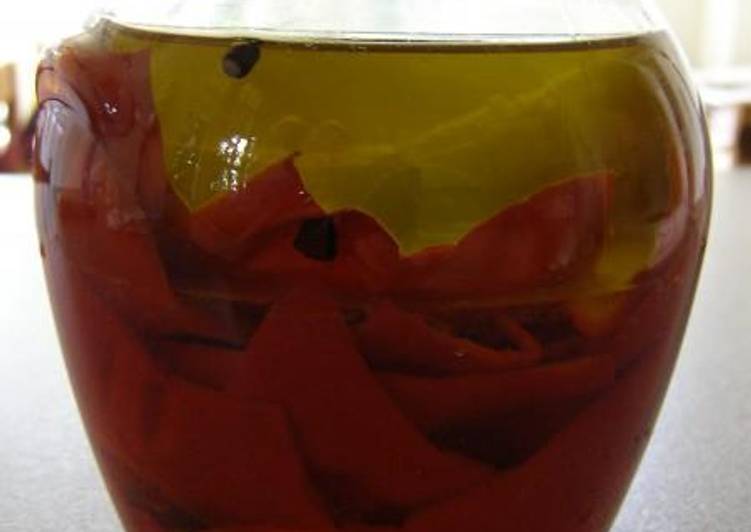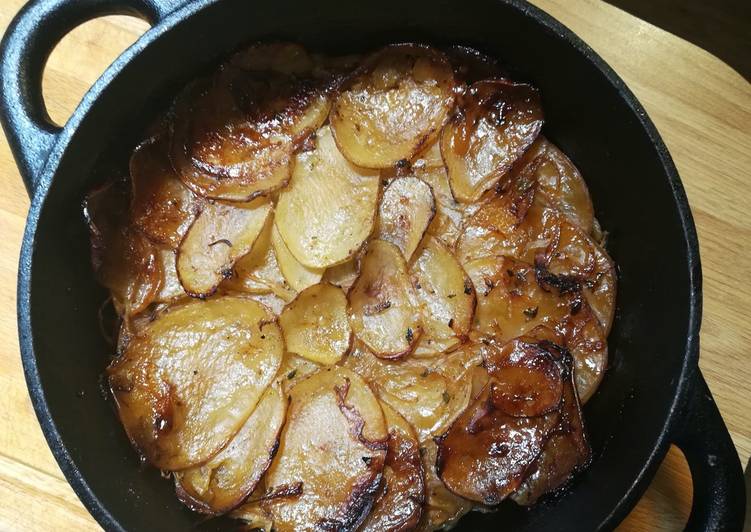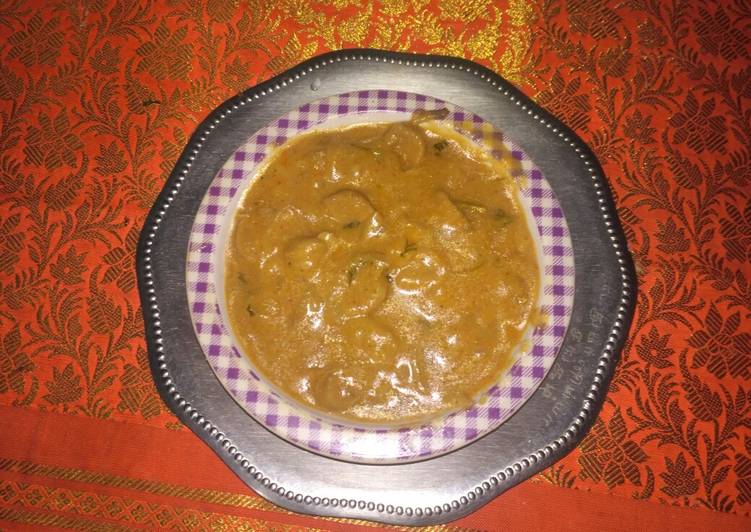
Hey everyone, it is Louise, welcome to our recipe page. Today, I will show you a way to prepare a special dish, peppers preserved in oil. It is one of my favorites. This time, I will make it a little bit unique. This will be really delicious.
Peppers preserved in oil is one of the most favored of current trending meals in the world. It’s easy, it is quick, it tastes delicious. It’s enjoyed by millions every day. They are fine and they look fantastic. Peppers preserved in oil is something that I have loved my whole life.
Peppers can be preserved by pickling, drying, or storing in oil. Of those three preservation methods, the oil option is the one that often confuses most people most often, as many folks have questions on how to do it, whether or not it's safe, and its benefits. The vegetables must be cooked first and they will be infused with all the herbs and spices that are in the jar with them. Preserving veggies in oil is super easy, and these peppers preserved in oil are the tastiest and most useful goodies you'll make.
To begin with this particular recipe, we must first prepare a few components. You can cook peppers preserved in oil using 8 ingredients and 8 steps. Here is how you can achieve that.
The ingredients needed to make Peppers preserved in oil:
- Prepare 1 kg peppers of various colors
- Make ready 1 l water
- Prepare 1 l vinegar from white wine
- Take 3 tbsp salt
- Prepare 2 tbsp black pepper, in grains
- Get basil leaves, thoroughly washed and without any moisture
- Get 2 cloves garlic
- Prepare jars extra virgin olive oil, as much as is needed to fill the
Evenly divide the pepper strips among the jars and completely cover with olive oil. Wipe clean the rims of the jars and seal with their lids. As an appetizer, addition to stews and soups or draped overmeats. Roasted Red Peppers are flavorsome and full bodied and when mixed with a vinaigrette, sharp undertones are mixed with the soothing and creamy texture of extra virgin olive oil.
Steps to make Peppers preserved in oil:
- Make sure that your peppers are fresh and with thick flesh (try to use preferably a variety of colored peppers, yellow, orange, red, light green, dark green so that you have a colorful result).
- Wash the peppers thoroughly, let them drain completely and cut them lengthwise so that you have strips of about 2 cm width, removing the seeds and the pith.
- Place them in a large pot (from stainless steel) with water into which you have already added the 3 tbsp salt and the vinegar. Boil for 3-4 minutes.
- Strain them and set them aside on kitchen paper to drain completely and lose all their moisture.
- Once they are completely dry distribute them into sterilized jars together with the basil leaves and the black pepper grains, cover them completely with the oil and seal the jar hermetically.
- Store the jars in a dark and cool place.
- Remember to check on the level of the oil after a few days and if necessary, add as much as is needed.
- It is best if you use them after they spend a month in the sealed jars so that the peppers have had the time to absorb all the flavors.
As an appetizer, addition to stews and soups or draped overmeats. Roasted Red Peppers are flavorsome and full bodied and when mixed with a vinaigrette, sharp undertones are mixed with the soothing and creamy texture of extra virgin olive oil. All I can say is scrumptious. Roasted Red Peppers Preserved in Extra Virgin Olive Oil Though a bit disappointing in the pepper production arena, the whole experience did lead to a wonderful recipe for preserving peppers. I wanted to do Italian style preservation in what I assumed would be just olive oil, but every recipe I found was more towards pickling.
So that’s going to wrap it up for this special food peppers preserved in oil recipe. Thank you very much for reading. I’m sure you can make this at home. There is gonna be more interesting food in home recipes coming up. Don’t forget to save this page on your browser, and share it to your family, friends and colleague. Thanks again for reading. Go on get cooking!

